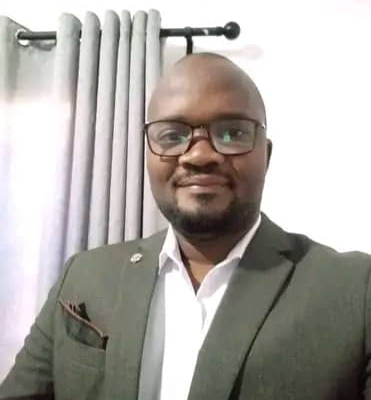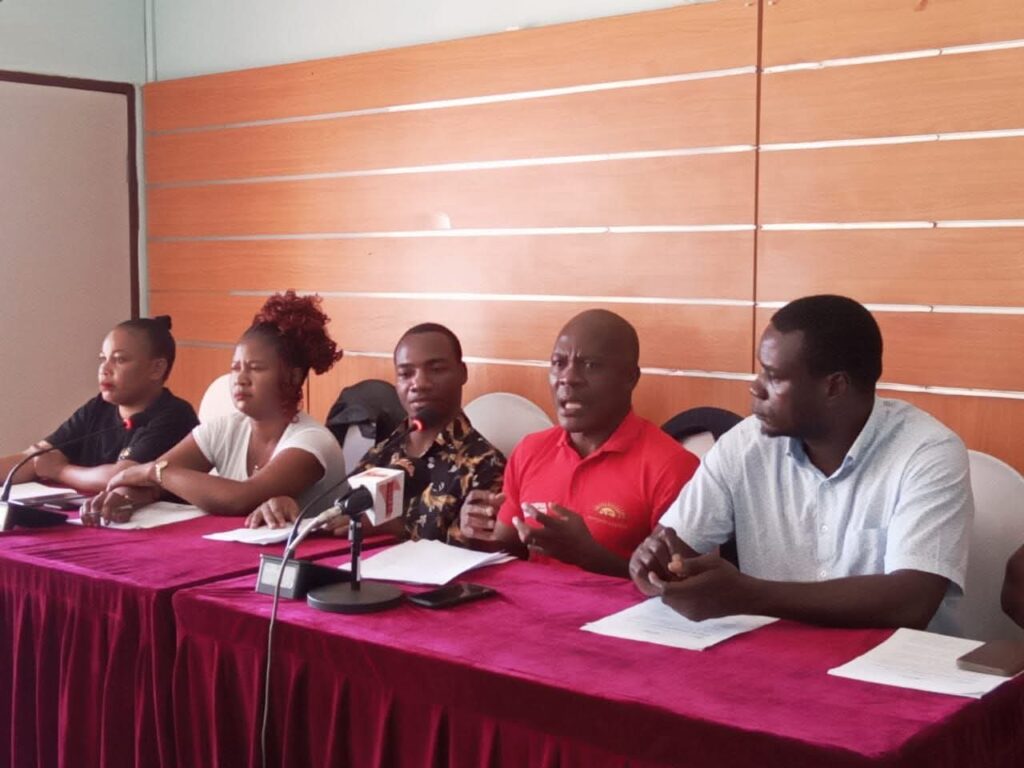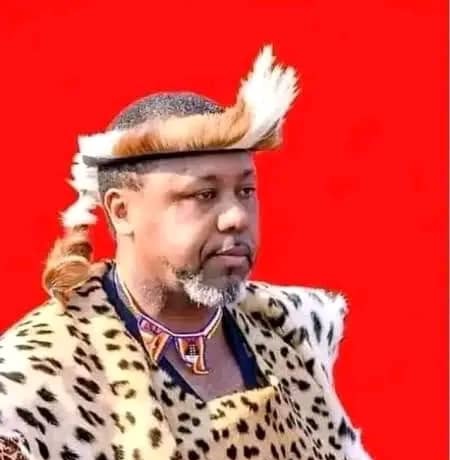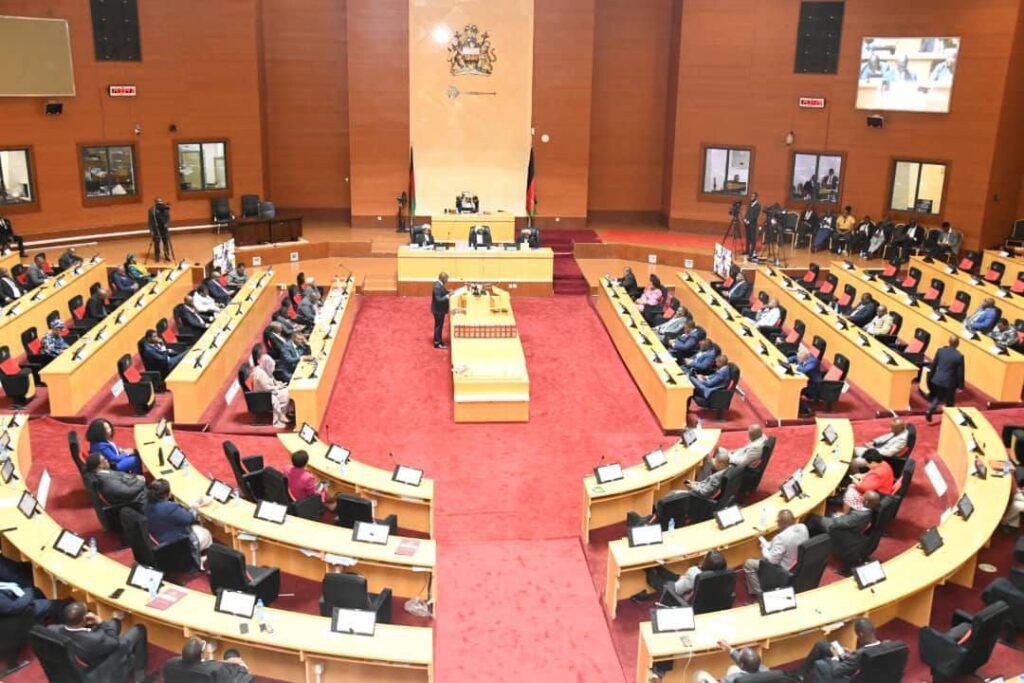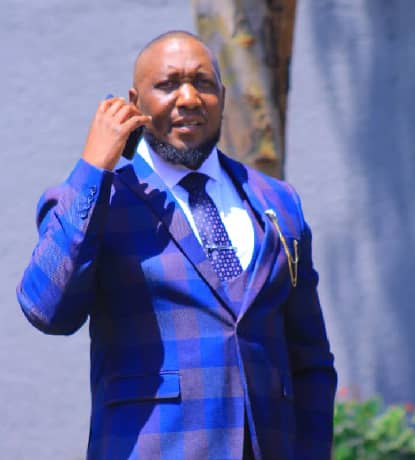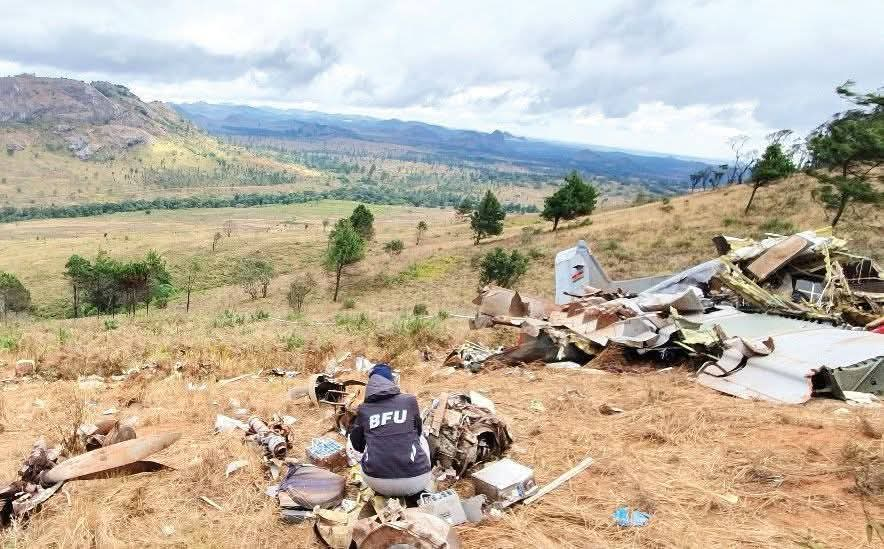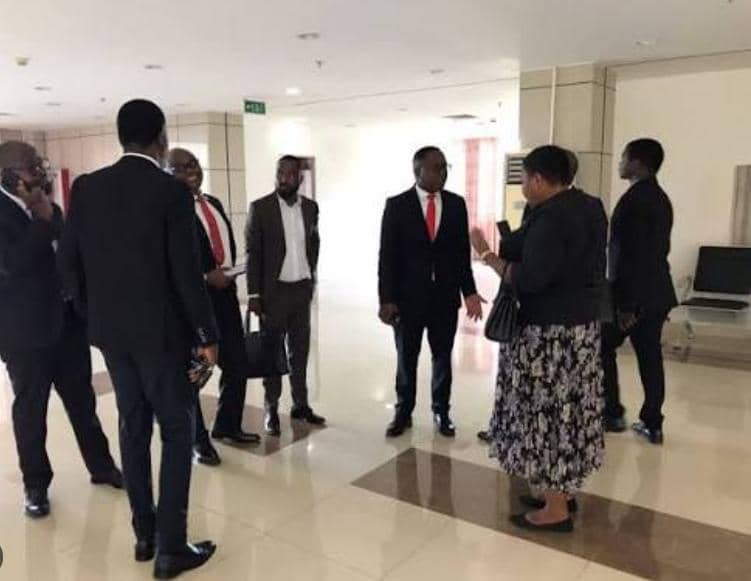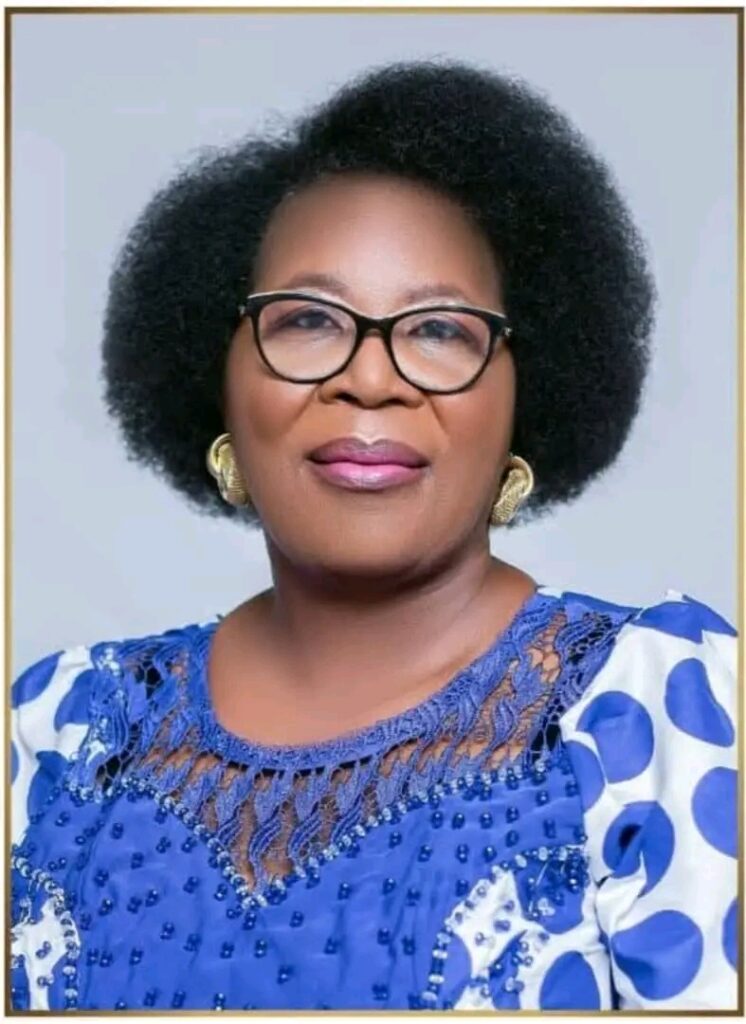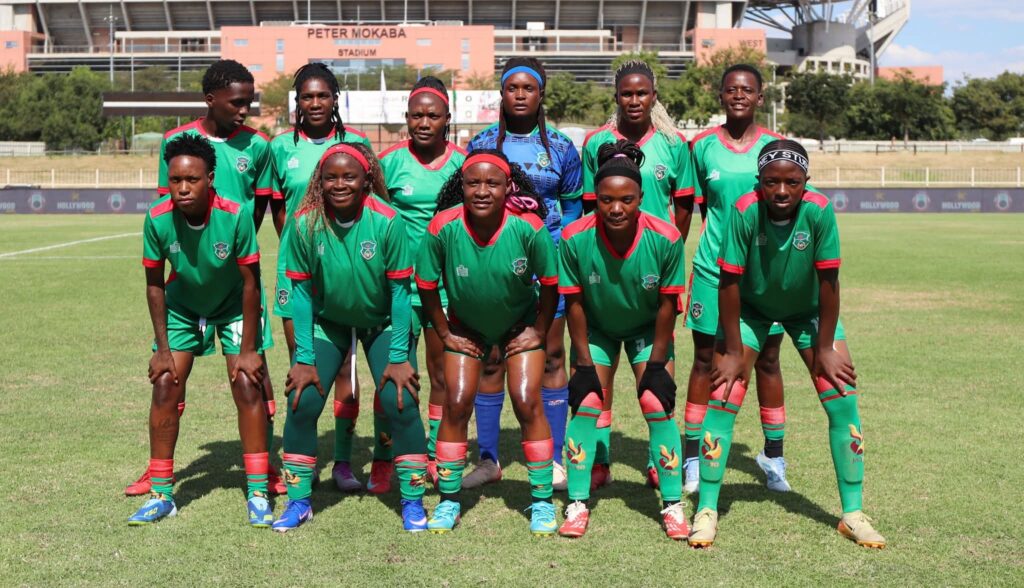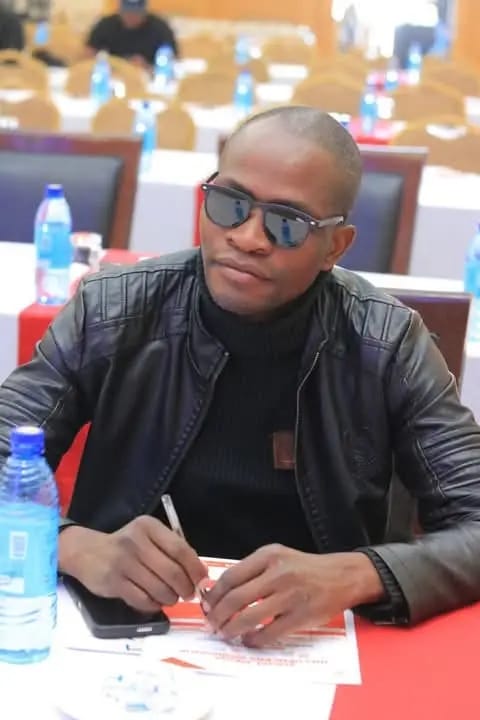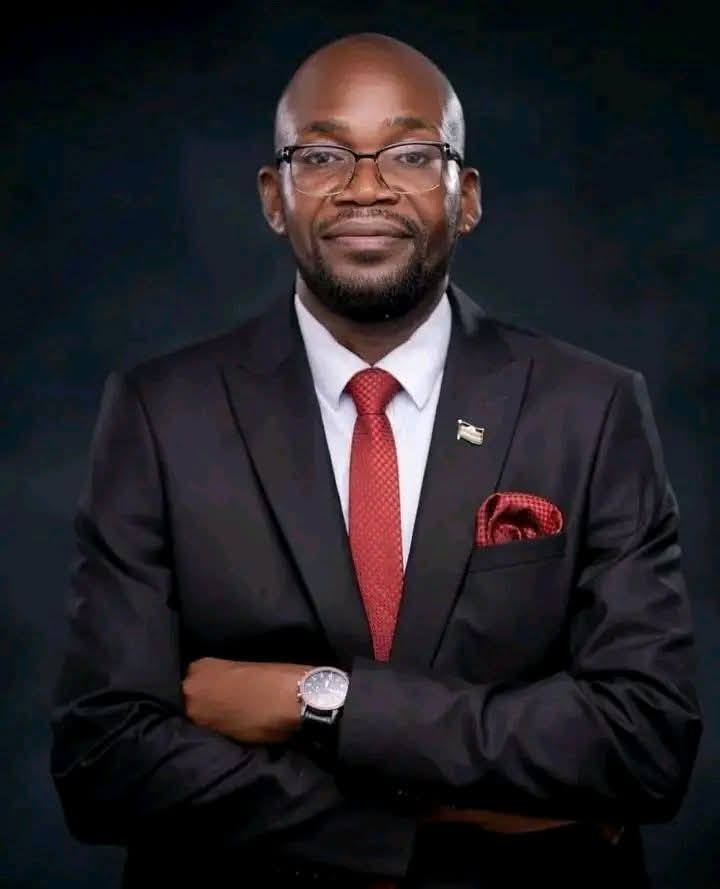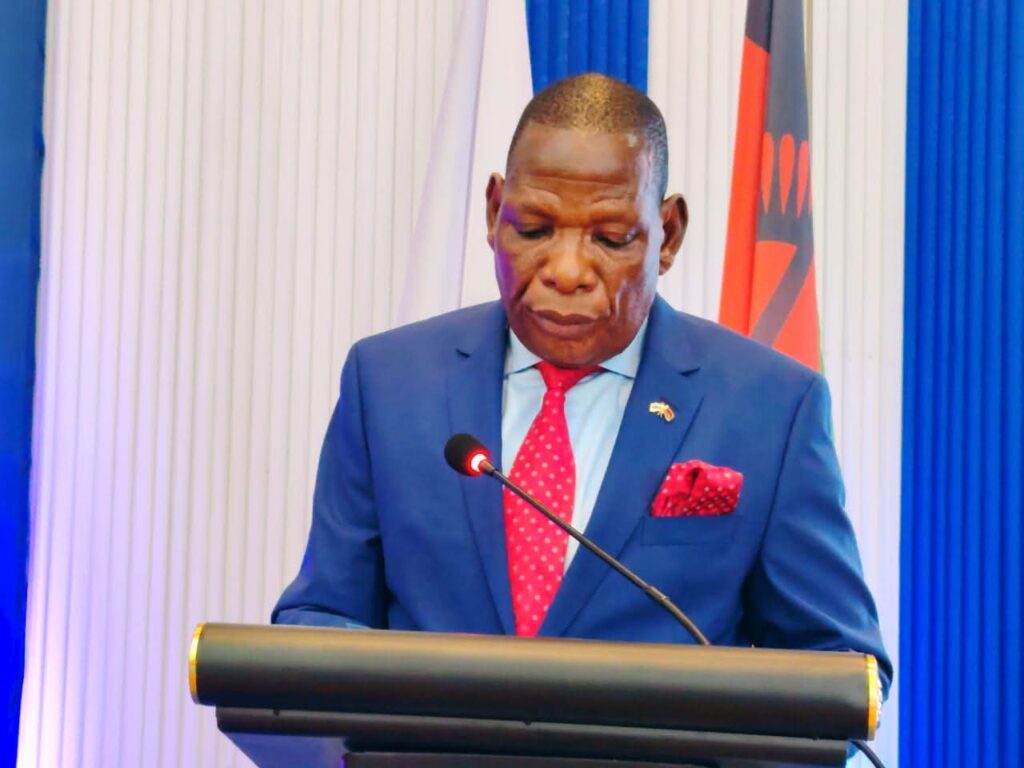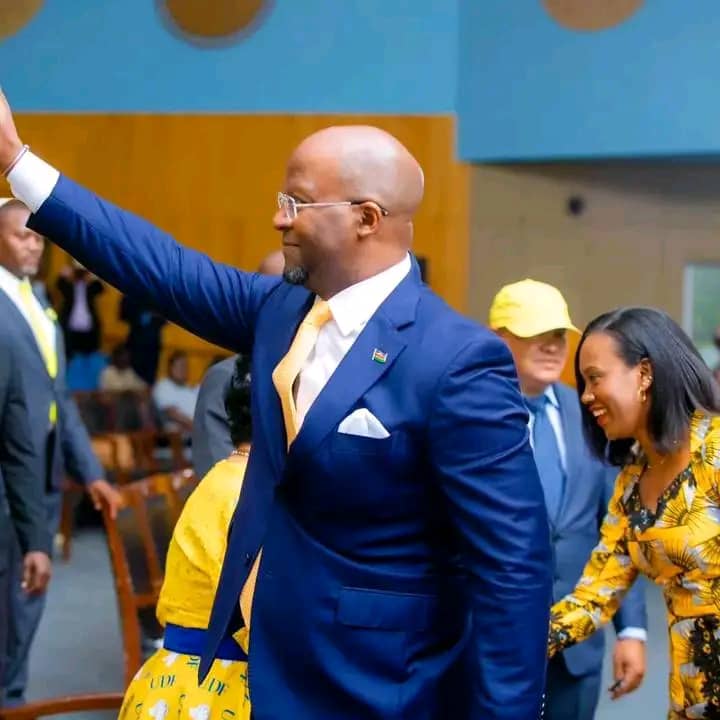By Burnett Munthali
The legacy of the late President Bingu wa Mutharika remains one of the most significant in Malawi’s political history. As the founder of the Democratic Progressive Party (DPP), Bingu introduced a new political ideology that focused on economic transformation, infrastructural development, and national sovereignty. His leadership was characterized by bold decisions that aimed at making Malawi self-sufficient, independent from excessive foreign aid, and committed to sustainable development. However, it is disheartening to see that, years after his passing, his name is being misused for political expediency.
A particularly troubling case of this is the actions of Madam Callista Mutharika, who continues to invoke Bingu’s name in political discussions for her own advantage. It is unethical and disrespectful to use the legacy of a departed leader for personal political gain. If Bingu were alive today, he would have firmly rejected such exploitation. He was a man of principle who believed that leadership should be built on merit, vision, and the ability to implement transformative policies—not on the manipulation of past legacies for political convenience.
Bingu wa Mutharika established the DPP as a party with distinct political beliefs and a clear ideological foundation. His vision was centered on economic empowerment, good governance, and the rejection of outdated political practices. He strongly opposed the autocratic tendencies of the Malawi Congress Party (MCP), advocating instead for democratic governance and economic liberalization. The DPP was meant to provide an alternative to the centralized and restrictive policies that had previously hindered Malawi’s development. It is, therefore, deeply concerning when his name is now being associated with political maneuvers that contradict his original vision.
Madam Callista’s recent political activities suggest that she is not invoking Bingu’s name to uphold his legacy but rather to advance her own interests. This raises serious ethical and moral questions. The legacy of a great leader should be preserved with dignity, not dragged into current political battles to serve individual ambitions. Leadership should be about presenting clear policies, innovative ideas, and realistic solutions to national problems, not relying on the reputation of the deceased to gain political relevance.
Furthermore, the continued exploitation of Bingu’s name distorts historical truth. While it is important to remember and celebrate his contributions to Malawi, using his legacy as a political tool does not do justice to the values he stood for. True respect for Bingu would mean continuing the policies he championed, promoting economic self-reliance, and strengthening democratic institutions. It would mean ensuring that his vision for Malawi lives on through genuine development efforts, not mere political rhetoric.
The people of Malawi deserve leaders who stand on their own merit, who can articulate their own visions, and who can lead with integrity. If Madam Callista or any other politician wishes to make a mark in Malawi’s political landscape, they should do so based on their own achievements and principles. Relying on the name of a departed leader is not only a sign of political weakness but also an insult to the intelligence of the Malawian electorate.
History has shown that when leaders exploit the legacies of the dead for political gain, they often fail to establish their own credibility. Malawians are well aware of political deception, and they will not be easily misled by those who use historical figures as a shield for their own political ambitions. Those who truly respect Bingu wa Mutharika’s legacy should work towards strengthening the principles he stood for, rather than manipulating his name for short-term political mileage.
Bingu’s legacy should remain a source of inspiration, not a tool for political bargaining. He was a leader who believed in action, not empty words. The DPP he founded was built on a foundation of political independence, economic empowerment, and progressive governance. Any attempt to misuse his name for political convenience should be met with strong resistance from all who genuinely honor his contributions to Malawi.
Malawi needs leaders who are forward-thinking, solution-oriented, and capable of building their own legacies. Instead of clinging to the past, politicians should focus on addressing present challenges and shaping a better future for the nation. The best way to honor Bingu wa Mutharika is to uphold the values he stood for—not to use his name as a political crutch. Let us safeguard his legacy by ensuring that his vision remains intact, free from exploitation and political distortion.
- ACB Urged to Act on Chithyola Corruption Allegations as Public Trust Wants Answers
- Judiciary Under Siege: CDEDI Demands Immediate Resignation of Chief Justice and Attorney General Over Corruption Claims
- MCP member welcomes wholeheartedly Chilima’s new investigation
- Parliamentary Absenteeism Reaches Crisis Point: 159 MPs Skip Sitting
- Senior Citizen Urges Malawian Parliament to Strengthen Oversight After Supreme Court Finance Bank Ruling
- Imran Jumbe Hails Mutharika for Fresh Chilima Crash Inquiry
- UNCOVERING THE TRUTH: Why a Fresh Inquiry into Chikangawa Plane Crash is a Necessity
- Can Parliamentarians Walking Out of Parliament Solve the Country’s Problems?
- Limpopo FM appeals to activists to respect Jane Ansah
- Scorchers Eliminated from COSAFA Despite Angola Stalemate
- Activist Agape Khombe Calls for Broad-Based Inquiry into Chilima Plane Crash
- Black Box Politics: Who Is Telling the Truth?
- Government to Buy Back Part of K22 Trillion Debt – Mwanamvekha
- Fresh Probe Ordered Into Chikangawa Crash That Killed Saulos Chilima


